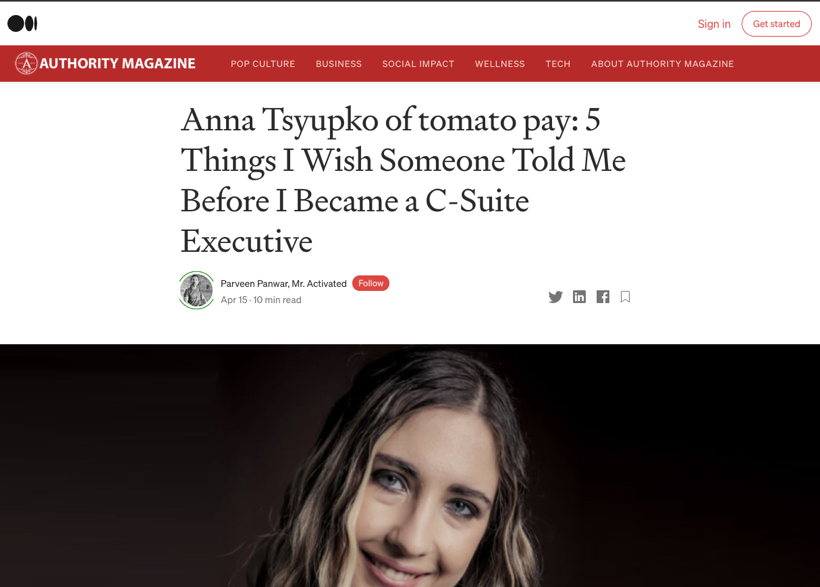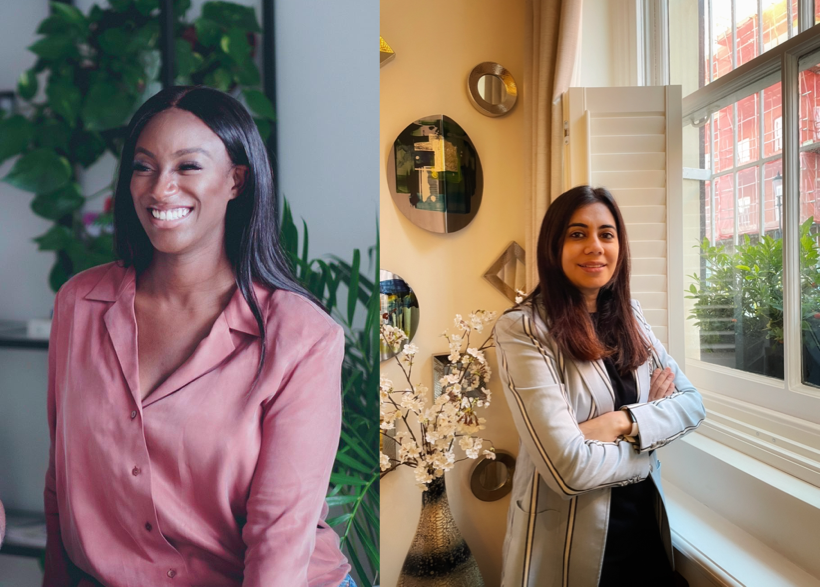Throughout time, women have had to overcome and fight many injustices stemming from societal perceptions of gender. Although there have been improvements over the past few centuries in the public, private and social sectors, we’re still a long way off from being a gender-balanced society.
Over the past twelve months, women have gained significant rights. In May, Ireland overturned a 35-year ban on abortion. In June, the first set of driving licenses for women was handed out in Saudi Arabia, and last month the New York stock exchange hired its first female leader in its 226-year history.
In all cases, seemingly progressive countries or not, it goes to show that women are still fighting for the same freedom and for the same opportunities that men have today. As Harvard Business Review rightly said, progress does not mean parity.
This post coincides with International Women’s Day - a day to highlight and celebrate the social, economic, cultural and political achievements that women, since the beginning of time, have fought for us to have today.
Every year, a new theme linked to a call-to-action is bestowed on the day. This year’s ‘Balance for Better’ theme pushes us all to talk about gender balance and the benefits it will bring to the world.
Viola Llewellyn President and Co-Founder of Ovamba (who we profile below in our celebration-series on women in finance and tech, and who is pictured above) said, “The challenges women face within our industry are slowly improving. We are all becoming comfortable with these uncomfortable conversations. More research has been done to prove that gender balance will improve a business’ bottom line”.
If we take an economical look at it, gender balance makes smart business sense. A Credit Suisse study shows that gender balance at the CXO level improves company profit and performance. Furthermore, McKinsey reports that $12 trillion could be added to global GDP by 2025 if we work to advance women’s equality.
Recently, at tomato pay (formerly known as Fractal), we have had some open discussions about the deep-rooted diversity problems within the fintech industry, and the importance of gender-balance within our company.
That is why we are especially excited to honour this year’s International Women’s Day with a series of profiles on a number of brilliant women, to celebrate their successes, and hear their thoughts on gender-balance and the progress made within the finance and technology industry, to-date.
Those who will feature over the coming days include a female-led investment blog, data science leads at the Bank of England, and founders of innovative global fintechs.
Viola Llewellyn: President and Co-Founder of Ovamba
Our first profile to kick off our series is Viola Llewellyn. Born and raised in London, residing in the US and African by blood - Viola’s mission to change the way small businesses in Africa access funding through mobile solutions is uplifting.
When we start our conversation, Viola sounds just as excited to talk to me as I am to talk to her. Although she is working hard travelling the world to make Ovamba a success (it was named one of Fast Company’s ‘Most Innovative Companies’ in Africa), her passion on the topic of diversity is undeniable - Viola is full of energy, and it’s very contagious.
“In the UK, USA & other markets there are chasms all over the place, especially in finance and technology,” Viola tells me. “Years ago, the risk and cost of fixing that chasm - you wouldn’t even get started. If you are not a white guy in a hoodie, you don’t belong to the party”.
Our lengthy discussion was filled with honest opinions, personal anecdotes on the challenges she has faced as a Black female founder and strong advice for those looking to work within the finance and tech industry.
“I am lucky that I was naive to the diversity issue at the start of my career. I have worked in the technology industry my whole life, and I seriously thought - I can learn a lot from these very knowledgeable people that I am around, it didn’t occur to me that I was the only Black woman in the room. It was only, later on, did I realise, this ecosystem wasn’t built for people like me - when are we going to address this?.”
The challenges Viola have faced are far-stretching, especially when seeking investment for Ovamba, “The bar for women in this industry remains very high. Even if you have an incredible idea, because of the biases investors have (who are mainly male) means that they will not give you the floor. I am female, I am Black, I am not young, I am building a business for Africa which many people still perceive incorrectly, and there is no extensive data to support my idea - no recipe for success, no blueprint. There is no penalty for saying no to a female-led business”.
From what Viola tells me, women-led businesses are invisible - some investors think they are untested and high risk, “It’s very short-sighted. The characteristics women have in their DNA are not widely acknowledged, or respected as strong attributes for leaders. We are adaptive but the audience is not paying attention. We are very aware of the pain of failure - therefore the comfort of failing forward is not an easily affordable option, and we are much more careful in our decision-making. We have always worked around the restrictions placed on us from society, at home and at work”.
Viola has overcome these challenges, not easily she adds, and tells me with great pride about her greatest achievements both personal and work-related. Viola's inclusion in Vanity Fair’s 2018 ‘26 Women Diversifying Entrepreneurship in Silicon Valley, Media and Beyond’ list, being selected as a 2018 World Economic Forum ‘Technology Pioneer’ ambassador which led to her getting a rare opportunity to speak at this year’s DAVOS, and she was included on the 2018 Innovate Finance ‘Women in Power’ list.
Furthermore, she tells me all about her wonderful team - "a group of free-thinkers" as she describes them, "who are keen to innovate and make an impact on the world". She talks highly of both her fellow co-founder Marvin Cole and her husband Vincent Llewellyn who supported her whilst she travelled the world to make Ovamba a huge success.
“Women are sometimes afraid of being judged, we try to take the safest route when we should be listening to that voice in our head - normally the things we are thinking are spot-on,” she tells me, “Go forth, be present, be comfortable saying no and speak up. It's not shallow to change your mind often as it means you are evaluating the ever-changing circumstances. Don’t chase perfection - good enough is good enough. We need to stop buying into stereotypes about ourselves and rethink our role within the business ecosystem. Fight for your space - it’s not going to be easy".
A change will only happen if we discuss diversity challenges that women and other minorities face, openly. We shouldn’t be scared to debate and talk about issues that are deeply embedded in society, as we can only strive to make things better and ensure that each action we make positively impacts everyone regardless of gender.

.png)




